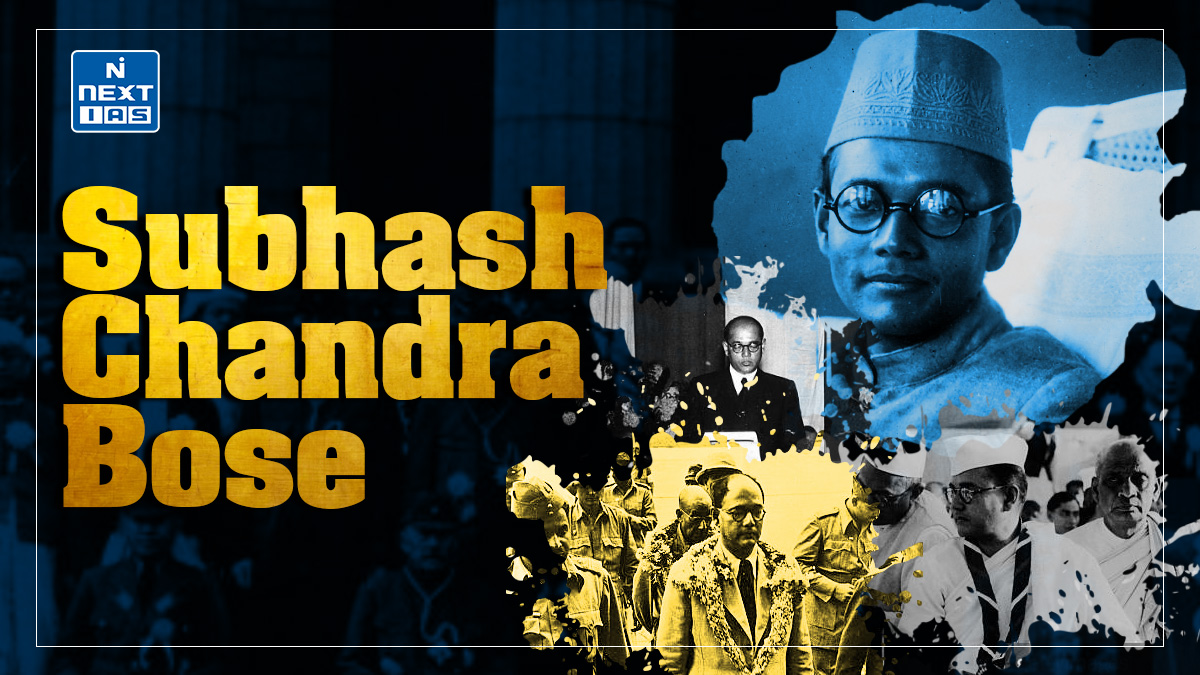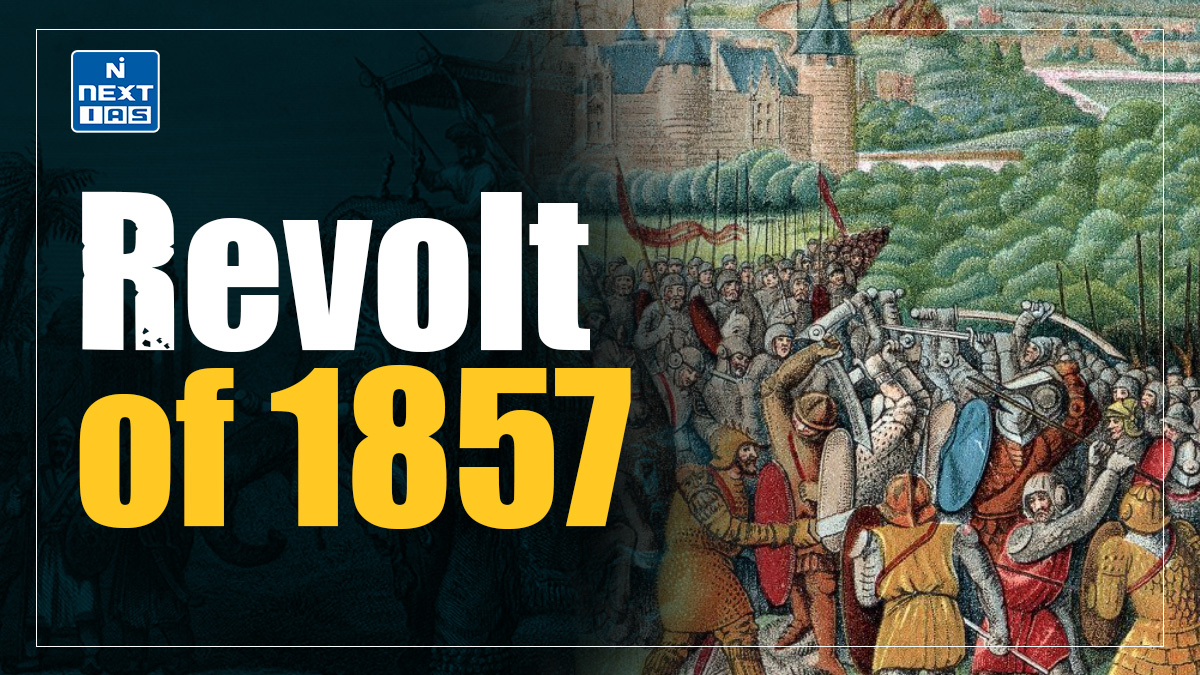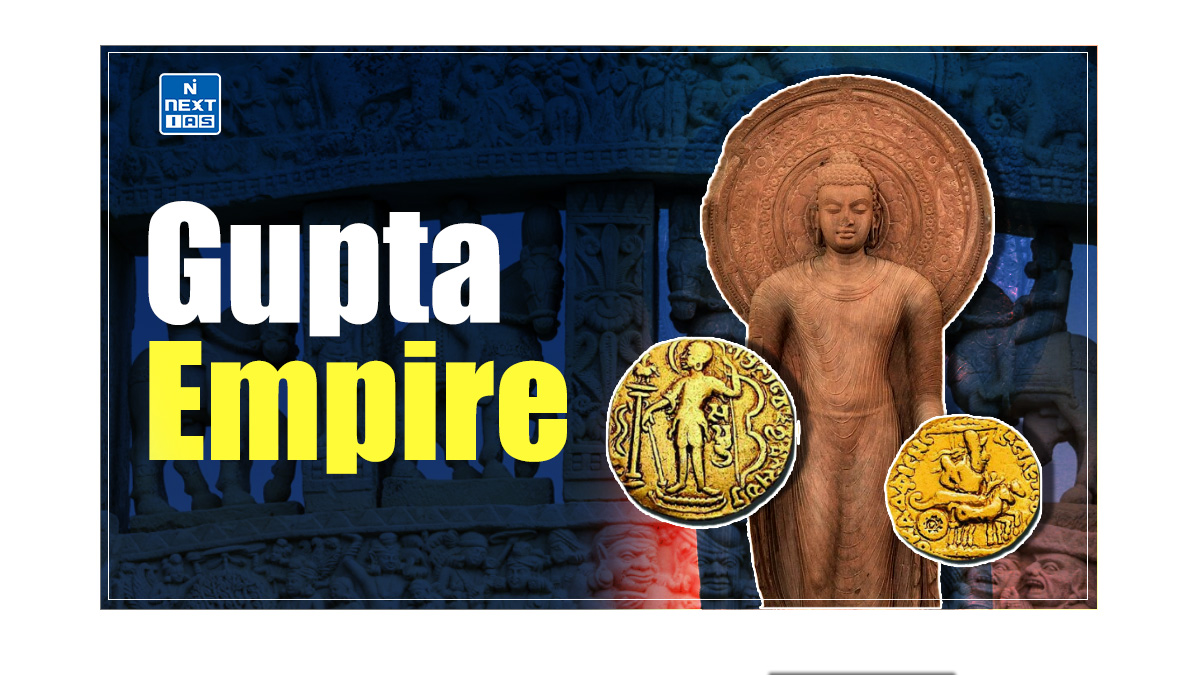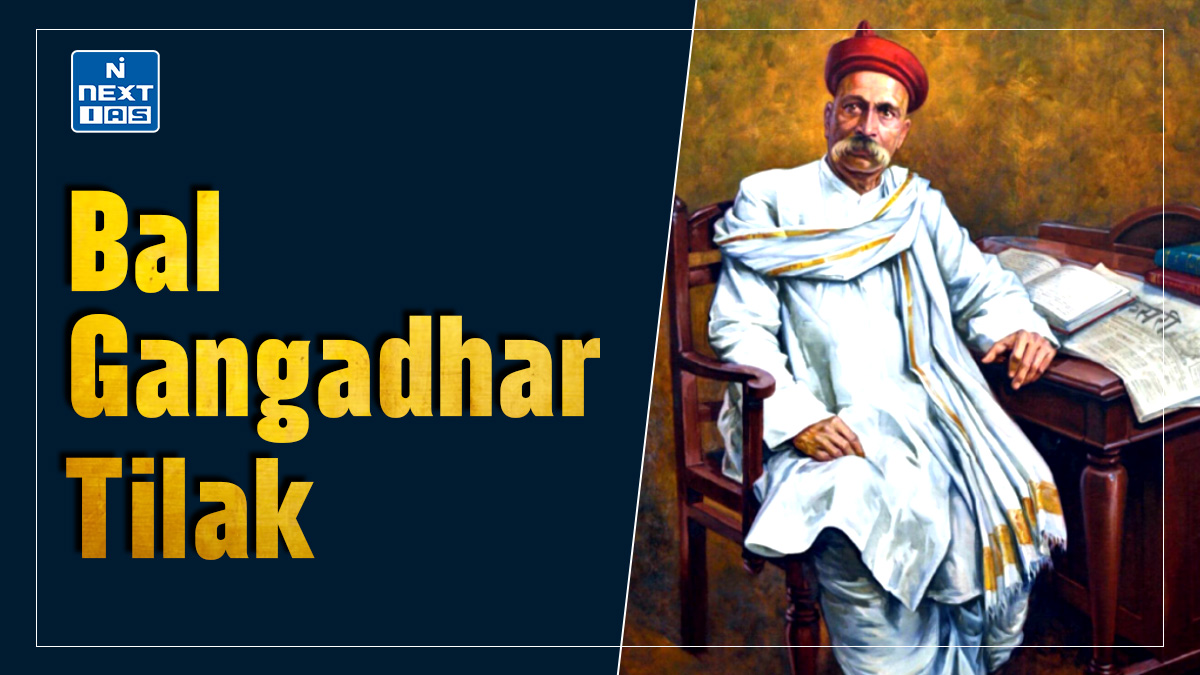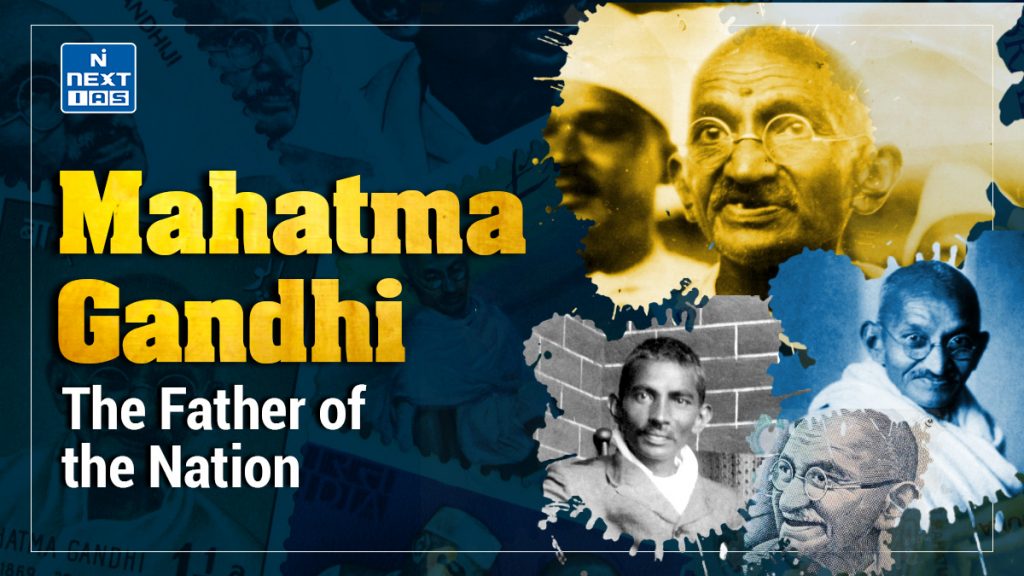
Fondly called Bapu and the Father of the Nation, Mahatma Gandhi was considered an architect of the Indian freedom struggle through non-violence. His philosophy of satyagraha, dignity of labor, and social justice continue inspiring the entire world. Gandhi Jayanti is a reminder to salute his eternal spirit and the applicability of his ideas in today`s world at large.
Mahatma Gandhi’s Biography and Key Factual Information
| Category | Details |
|---|---|
| Full Name | Mohandas Karamchand Gandhi |
| Known As | Mahatma Gandhi, “Father of the Nation” |
| Date of Birth | 2 October 1869 |
| Place of Birth | Porbandar, Gujarat, India |
| Father | Karamchand (Kaba) Gandhi |
| Mother | Putlibai Gandhi |
| Spouse | Kasturba (Kasturbai) Kapadia (married in 1883) |
| Children | Four sons: Harilal, Manilal, Ramdas, Devdas |
| Education | Samaldas College (Bhavnagar), Law studies at Inner Temple, London (1888–1891) |
| Major Influences | Raichand Bhai (spiritual), Gopal Krishna Gokhale (political), Leo Tolstoy, John Ruskin, Bible, Bhagavad Gita |
| Early Career | Lawyer in Bombay and Rajkot (1891–1893) |
| Time in South Africa | 1893–1914: Law practice, Indian rights activism, Natal Indian Congress, Indian Opinion (weekly journal founded in 1904) |
| Return to India | January 1915 |
| Major Movements | Champaran Satyagraha (1917), Ahmedabad Mill Strike (1918), Kheda Satyagraha (1918), Non-Cooperation (1920), Dandi March/Salt Satyagraha (1930), Quit India Movement (1942) |
| Satyagraha Concept | Principle of nonviolent resistance and civil disobedience |
| Imprisonments | Multiple terms both in South Africa and India |
| Associations | Indian National Congress (President, 1924), All India Home Rule League |
| Literary Works | Hind Swaraj (1909), Autobiography: “The Story of My Experiments with Truth”, Young India, Navjivan (editor) |
| Revival Efforts | Village industries, Khadi movement, removal of untouchability |
| Death | 30 January 1948, assassinated by Nathuram Godse at Birla House, Delhi |
| Legacy & Memorial | Gandhi Jayanti – India’s national holiday (2 October), International Day of Non-Violence (UN) |
| Referred As | Bapu (Father), Mahatma (“Great Soul”), “Father of the Nation” |
Gandhi’s Role in India’s Freedom Struggle
- Mahatma Gandhi shaped the entire history of India under a system in which Indian freedom itself became a mass movement for truth and non-violence.
- His first important intervention was the Champaran Satyagraha (1917) to redress the grievances of indigo cultivators, followed by the Kheda Satyagraha (1918) to support peasants against unjust taxation, and the Ahmedabad Mill Strike (1918) to stand with industrial workers.
- Through these struggles, the methods of satyagraha were established. Thereafter, Gandhi started the Non-Cooperation Movement (1920–22), getting millions into its fold to boycott British goods and institutions.
- The Civil Disobedience Movement (1930), the historic Dandi March at its center, defied salt laws directly. The Quit India Movement (1942) offered the unwavering resolve of “Do or Die,” demanding immediate British withdrawal.
- Gandhi united the whole of rural and urban India, peasants, and elites, converting freedom into a common national aspiration.
- His role shaped the moral and political foundation of India’s independence movement.
Read our detailed article on Rise of Gandhi.
Core Gandhian Ideologies
Truth (Satya) and Non-Violence (Ahimsa)
- For Gandhi, truth was the ultimate reality, and non-violence was the practical expression of this. Hence, he believed that moral courage rather than physical strength constituted real power.
Satyagraha as a Method of Resistance
- Satyagraha-philosophically, holding firmly to truth-was Gandhi’s means to resist injustice by non-violent means. It was interested in persuasion, civil disobedience, and moral pressure, not violation.
Trusteeship and Economic Justice
- Gandhi’s Trusteeship principle stressed that wealth should never serve private luxury alone, but should be utilized for the welfare of society, thereby ensuring justice and preventing exploitation.
Sarvodaya (Upliftment of All)
- Sarvodaya signified Gandhi’s idea of upliftment where every section of society, especially the weakest, will enjoy development and justice.
Swadeshi, Khadi, and Self-Reliance
- Gandhi exhorted Indians to use local produce to the extent possible, wear Khadi and promote village industries. This principle ensured that economics would sew together with the dignity of labor and self-reliance of the nation.
Read our detailed article on Gandhian Nationalism and Ideologies.
Contemporary Relevance of Gandhi
- All in all, the relevancy of Mahatma Gandhi today is attributed to his timeless principles that continue to instruct peaceful existence, social justice, and an environment that sustains life.
- The doctrine of non-violence (Ahimsa) is a powerful method to resolve conflicts, uphold human rights, and encourage diplomacy in a turbulent world.
- The Gandhian concepts of truth and moral bravery demand transparency and principled governance.
- With an environmental crisis on its way, Gandhi’s principles about simple living, self-reliance, and less consumption could well serve the purpose of sustainable development.
- Trusteeship, in turn, resonates with calls for CSR, wherein the corporation uses its wealth and resources for the greater good.
- Also, Gandhi’s concept of Sarvodaya understands inclusive growth, social equity, and the upliftment of socially marginalized communities as urgently necessary in today’s context as the pursuit of justice and harmony.
- On Gandhi Jayanti, a reflection on these will compel both individuals and nations to embrace non-violence, ethical leadership, and social responsibility as keys to a peaceful and just society.
Initiatives on Mahatma Gandhi By India and World
Government of India Initiatives
- Mahatma Gandhi National Rural Employment Guarantee Scheme (MGNREGS): It is a social-security scheme to provide 100 days of wage employment to ensure economic justice for rural households through the framework linking it to Gandhian trusteeship.
- Swachh Bharat Abhiyan: Initiated in 2014, this nationwide cleanliness campaign stands for Gandhi’s vision of sanitation and hygiene as pillars of nation-building.
- Gandhi Smriti and Darshan Samiti (GSDS): Running cultural programs, exhibitions, and awareness campaigns to propagate Gandhian ideals. Government-launched Gandhi statues and Gandhi Vatika aim to inspire the populace.
- Commemorative Events and Campaigns: Mass Swachhata pledge drives and awareness campaigns are conducted to provide an annual social-interface during Gandhi Jayanti and various other noteworthy occasions, bridging the lack of exposure among people regarding Gandhian philosophy.
Global and International Initiatives
- UN International Day of Non-Violence: The entire world pays homage to Gandhi on Gandhi Jayanti to remember his teachings and to spread the message of peace and non-violence through discussions and panels at the UN and elsewhere.
- Global Gandhi Network: From worldwide Gandhian institutes and activists connected under one platform together for trust, non-violence, justice, and peace through coordination.
- Cultural and Educational Programs: Various NGOs, educational institutions, and governments around the world celebrate Gandhi’s memory through conferences, exhibitions, and peace initiatives predicated on his principles.
- Influence on Global Leaders: The principles of Gandhi still inspire many leaders and movements in defense of human rights, conflict resolutions, and sustainable developments.
Jointly, these initiatives promote the vision of Gandhi toward social justice, ethical leadership, non-violence, and the expansion of inclusive growth in India and the world over.
Way Forward
The way forward is to revive Gandhi’s principles of truth, non-violence, and inclusiveness in present-day situations. Making his ideals relevant today would include promoting sustainable living, good governance, and social justice. Gandhi Jayanti should encourage today’s youth to embrace his vision for a world bound in peace, justice, and resilience.
Conclusion
Since the establishment of truth, non-violence, and justice as its fundamental pillars by Mahatma Gandhi, the freedom struggle for India has become a beacon for peace and human equality. On Gandhi Jayanti, the relevance of the values lies in the present world as pertinent values for harmony, ethical governance, resource sustainability, and inclusive growth.
GS - 1
